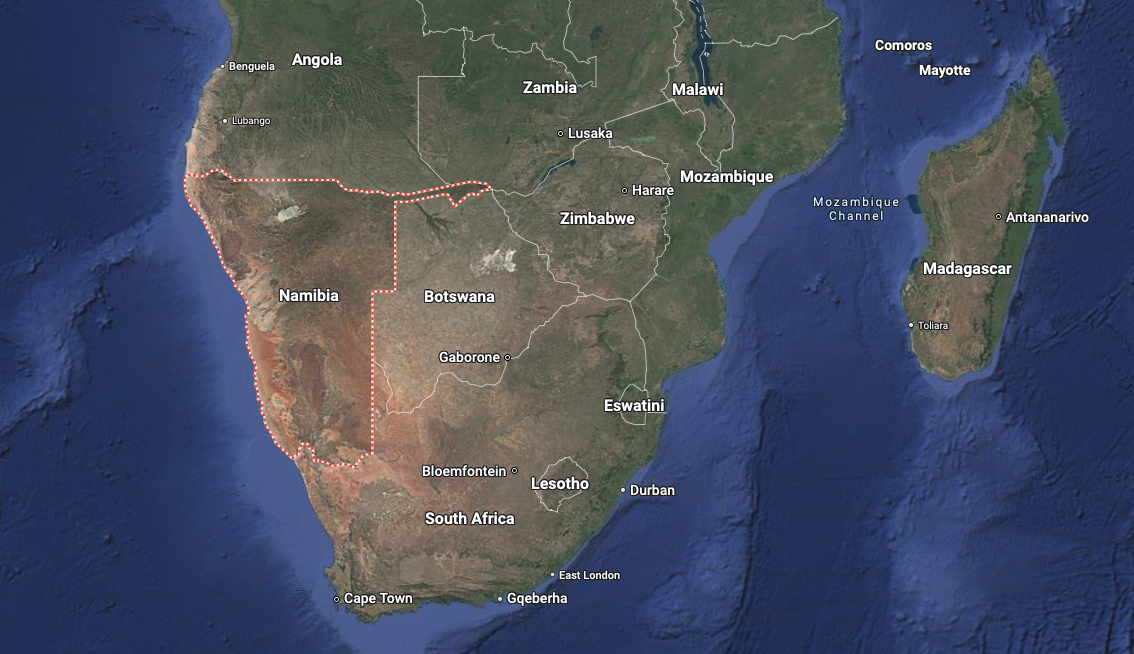[[{“value”:”
Namibia’s continued ban on industrial hemp is shutting out farmers and entrepreneurs from a potentially lucrative and sustainable sector, cannabis reform advocates say, warning that outdated drug laws are undermining economic and rural development.
“Banning the cultivation of hemp contradicts the government’s stated economic transformation goals and violates the right to work and benefit from the country’s natural resources,” a coalition of groups said in a recent advocacy statement submitted to the Ministry of Justice and Labour Relations. They argue that the ban perpetuates economic exclusion and stalls job creation in farming, manufacturing and construction.
Blanket ban
“Ordinary citizens are barred from participating in the hemp and cannabis economy, while corporations sell cannabis-infused products with legal impunity,” the document states. While cannabis prohibition is blanket in nature, rules allow prescription dronabinol, a synthetic version of THC used to treat nausea in cancer patients and stimulate appetite in HIV/AIDS victims, although the drug is not widely accessible.
Industrial hemp is prohibited under the same legal framework that otherwise bans marijuana, despite global shifts in regulation and the crop’s proven economic potential.
Namibian agriculture
Namibia’s agricultural sector accounts for about 7% of GDP and supports nearly 70% of the population either directly or indirectly, particularly in rural areas. Most farms are small to medium-sized and focus on livestock, millet, sorghum, maize, and horticulture. The arid climate and expansive land availability present suitable conditions for industrial hemp farming.
Advocates say hemp could diversify Namibia’s agriculture and add value through such outputs as biocomposites, textiles, green construction materials, and sustainable packaging. “It’s a missed opportunity for inclusive development,” said one member of the coalition, which includes the Cannabis and Hemp Association of Namibia, Ganja Users of Namibia, Medical Marijuana Association of Namibia and the Rastafari United Front.
Marijuana still criminalized
Namibia maintains strict prohibition of marijuana under the Abuse of Dependence-Producing Substances and Rehabilitation Centres Act 41 of 1971. Possession, cultivation, or sale of cannabis can result in prison sentences ranging from 20 to 40 years and stiff fines.
The Ministry of Health has explicitly rejected proposals for commercial medical cannabis cultivation, despite increasing evidence of its therapeutic value and global medical acceptance.
The joint advocacy submission comes in response to the government’s call for public input on obsolete and discriminatory legislation. The groups argue Namibia’s cannabis laws, rooted in apartheid-era policy, violate several constitutional rights including liberty, dignity, privacy, and economic freedom. They are urging the government to decriminalize cannabis, remove it from controlled substances lists, and implement a moratorium on prosecutions.
“Namibia cannot claim to be a modern democracy while still enforcing apartheid-era cannabis laws,” the statement reads.
“}]] Industrial hemp is prohibited under the same legal framework that otherwise bans marijuana, despite global shifts in regulation and the crop’s proven economic potential. Read More


